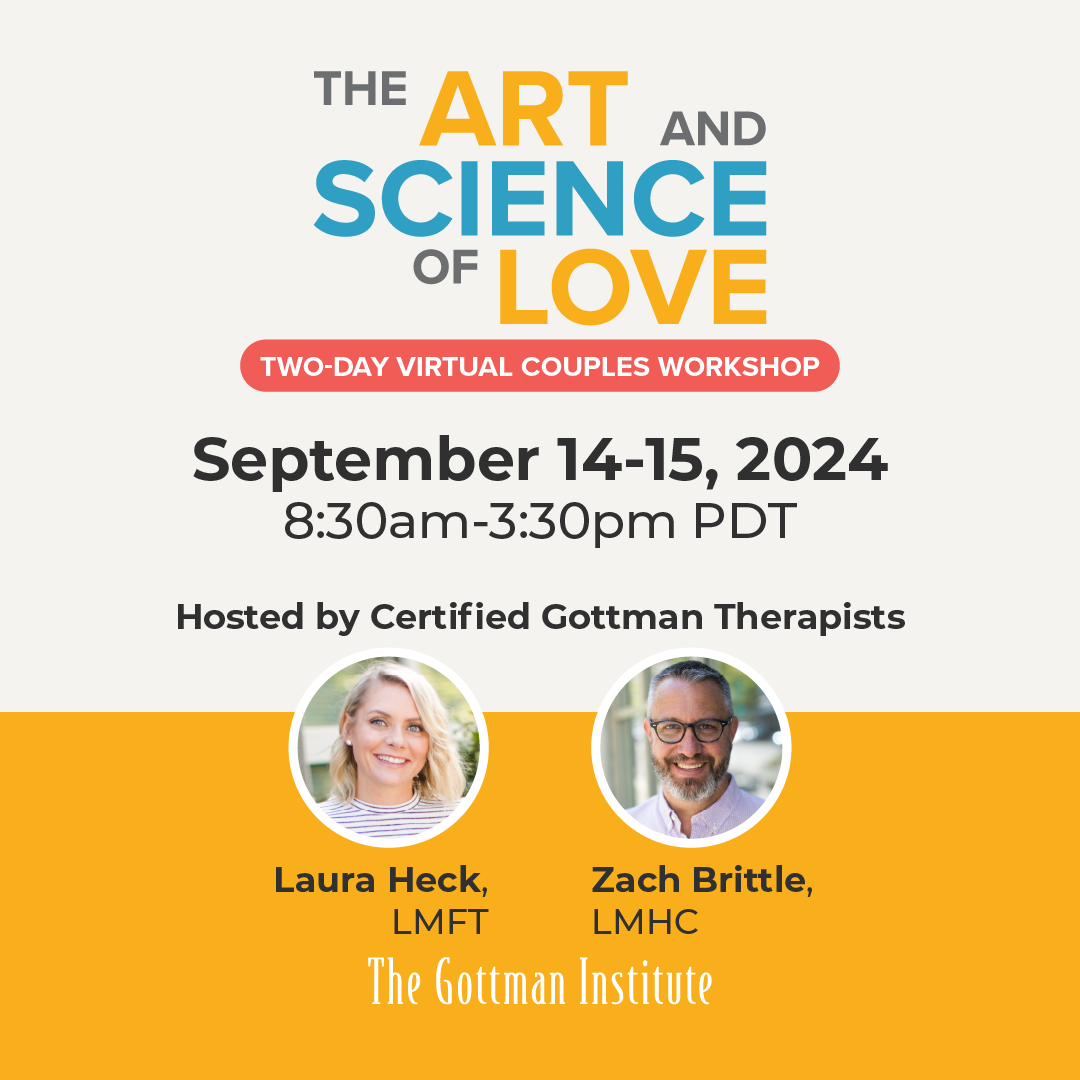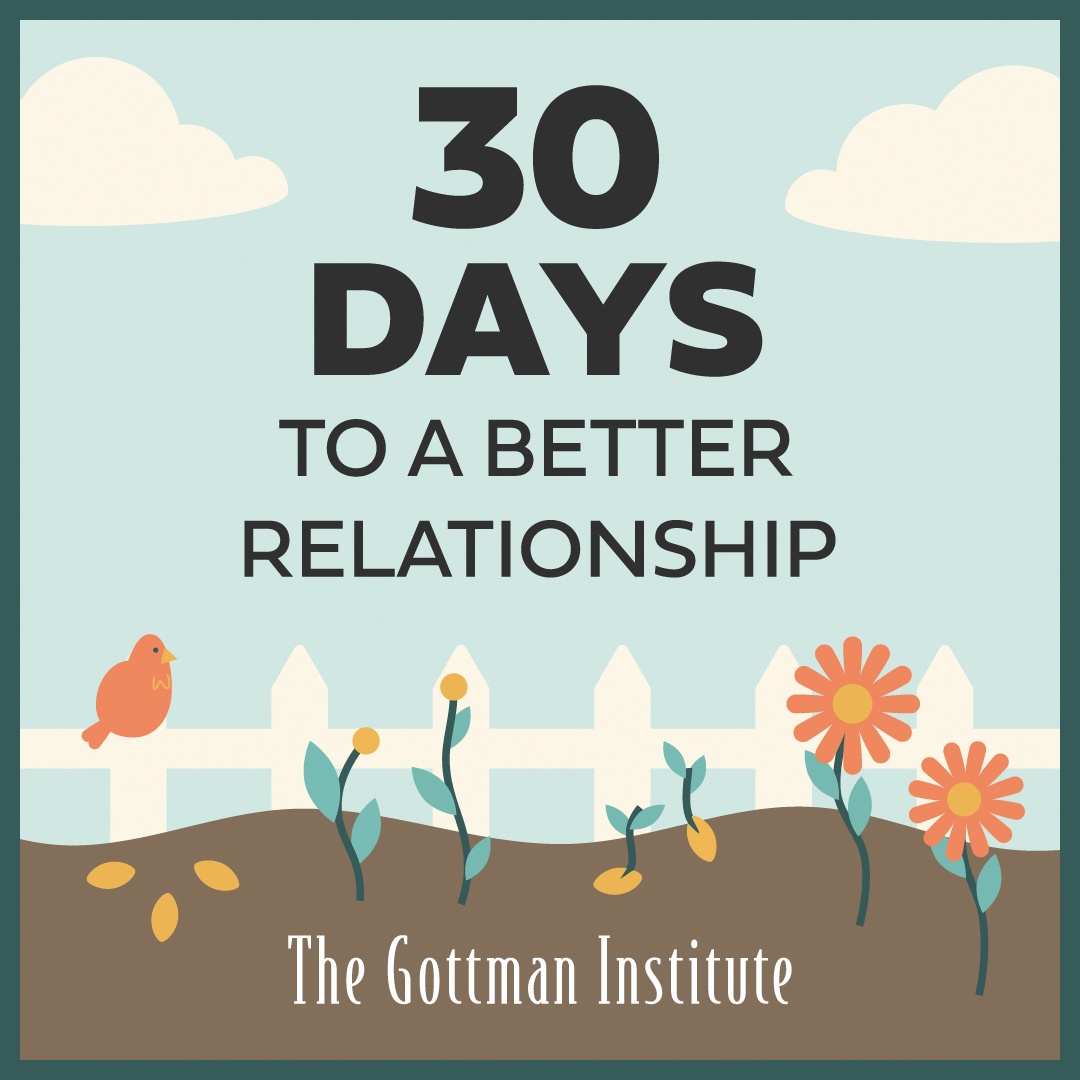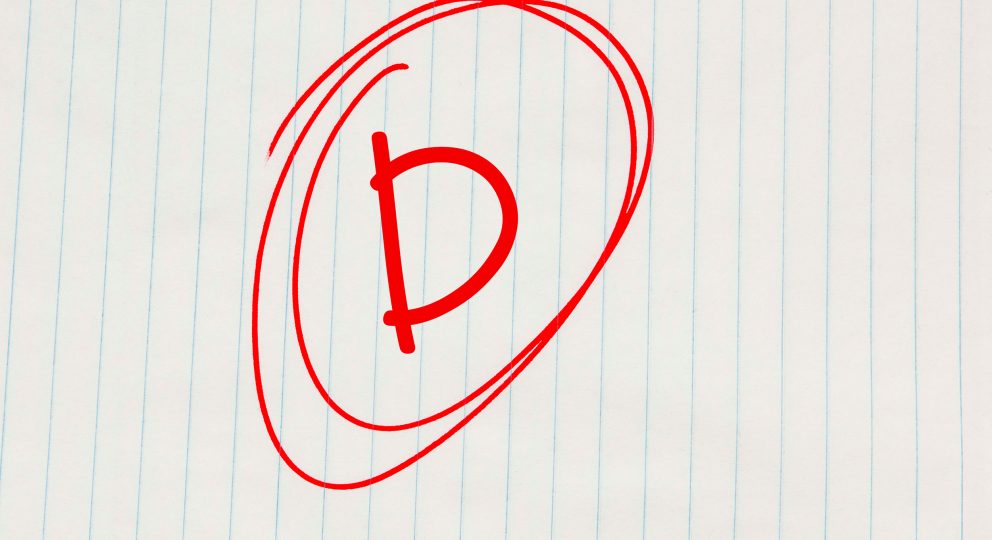Defensiveness
At its core, defensiveness is a way to protect our ego and a fragile self-esteem. Our research team member Ellen Alley explains that our self-esteem is considered fragile when our failures, mistakes, and imperfections decrease our self-worth. In our work, the opposite of a fragile self-esteem is grounded confidence. With grounded confidence, we accept our imperfections and they don’t diminish our self-worth. It makes sense that defensive-ness occurs in areas of our lives where we have fragile self-esteem, or across several areas of our lives if the fragility is more general. Any perceived call-out of our weakness is experienced as an attack on our worth, so we fight hard to defend ourselves against it.
In order to try to limit our exposure to information that differs from how we think of ourselves, we get defensive and overjustify, make excuses, minimize, blame, discredit, discount, refute, and reinterpret. Defensiveness blocks us from hearing feedback and evaluating if we want to make meaningful changes in our thinking or behavior based on input from others.
In our Dare to Lead training, we work with participants to figure out what defensiveness looks like for them, what it feels like, and whether there are some situations that are more likely to trigger it than others. To increase self-awareness, we ask folks to think back to a time when they received difficult feedback and try to remember what their bodies were doing, what thoughts were coming up, and what emotions they were feeling. The vast majority of people struggle to remember the exact thoughts and feelings, which makes sense, given that many of us go into fight-or-flight mode in these situations.
However, for the most part, people can remember their physical responses: Folding their arms over their chest, shoving their hands into their pockets, getting tunnel vision, feeling their heart race, looking down, and getting dry mouth are just a few. It’s worth thinking about the physical cues that show up for you when experiencing defensiveness and devising a strategy that can help pull you back into the present moment.
When I get defensive, I often get tunnel vision and start planning what I’m going to say instead of listening. But I have found some ways to disarm my defensiveness. My strategy is to subtly open my palms, even if my hands are just hanging by my side or on my lap, and actually say, “I’m sorry. Can you say that again? I really want to understand.” It’s pretty effective. If I’m having a really hard time, I might say, “I’m sorry. I’m feeling overwhelmed. I’m going to get a glass of water. Can we sit down in ten minutes and start again?”
Flooding
This seems like the perfect place to talk about the concept of flooding. The body can become overwhelmed when it senses danger, and for a lot of us, a difficult conversation, hard feedback, or an argument is enough to send our body into overdrive. We can feel overwhelmed, attacked, and confused. According to the Gottman Institute, flooding is “a sensation of feeling psychologically and physically overwhelmed during conflict, making it virtually impossible to have a productive, problem-solving discussion.”
In his book Why Marriages Succeed or Fail: And How You Can Make Yours Last, John Gottman explains, “We each have a sort of built-in meter that measures how much negativity accumulates during such interactions. When the level gets too high for you, the needle starts going haywire and flooding begins. Just how readily people become flooded is individual.” He also shares that flooding is affected by how much stress you have going on in your life. The more pressure we’re under, the more likely we are to be easily flooded.
One of the worst patterns that I brought to my marriage from my family was “Get back in here and fight with me!” Growing up, we didn’t take breaks during fights. No one ever said, “This is no longer productive and we should take a time-out before someone gets their feelings hurt.” Our strategy was get louder and meaner until you win or someone else is crying. When I first married Steve, in the middle of a heated argument he would say, “Let’s stop and take a break.” I was like, “What are you talking about?”
At some point, I realized that stopping scared me. Fighting together seemed less painful than hurting alone. Looking back, I just didn’t know how to do it. I had never been taught or seen it modeled. Gottman’s work helped me understand the mechanics behind “Okay, can we circle back in twenty minutes?” or “Okay, how much time do you need?” Knowing that we’re coming back to finish the discussion, and when, reassures me in some way.
This research also helped me realize that it wasn’t just Steve who was getting overwhelmed. I get overwhelmed too. The difference is our strategies. He shuts down; I lash out. Disastrous.
Now when I feel flooded, I’m as likely to say “Time-out” as he is. This is a good thing because, according to Gottman, chronic flooding sets us up to dread communicating. Gottman discusses this effect in the context of marriages and partnerships, but I’ve seen the same thing in organizations. I’ve interviewed many research participants who experience chronic flooding with their bosses, so much so that every time they’re called into the office, they’re already on the path to overwhelm.
There’s only so much our bodies and nervous systems can stand before they flip the survival switch and stop communicating and start protecting or attacking. Looking back, I’ve never once regretted calling a time-out at home or work. Not once. I’ve never experienced a little time and space being a bad thing, but I have plenty of regrets the other way around.
Excerpted from Atlas of the Heart by Brené Brown. Copyright © 2021 by Brené Brown. Excerpted by permission of Random House. All rights reserved. No part of this excerpt may be reproduced or reprinted without permission in writing from the publisher.













